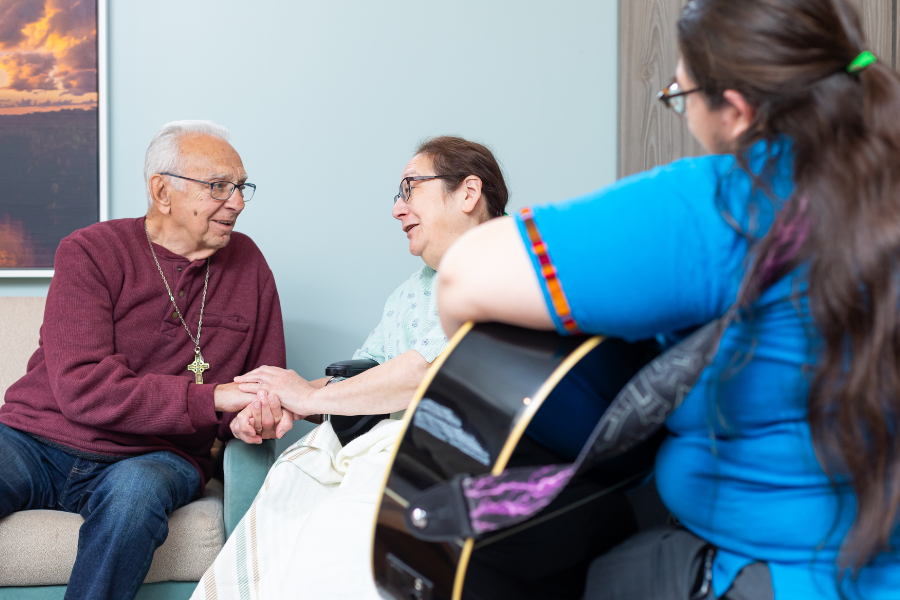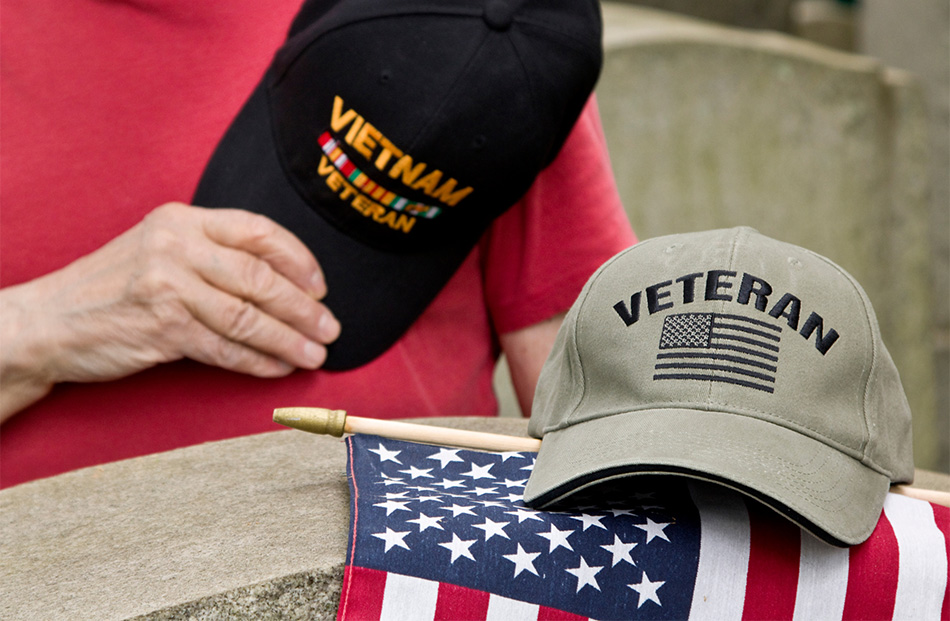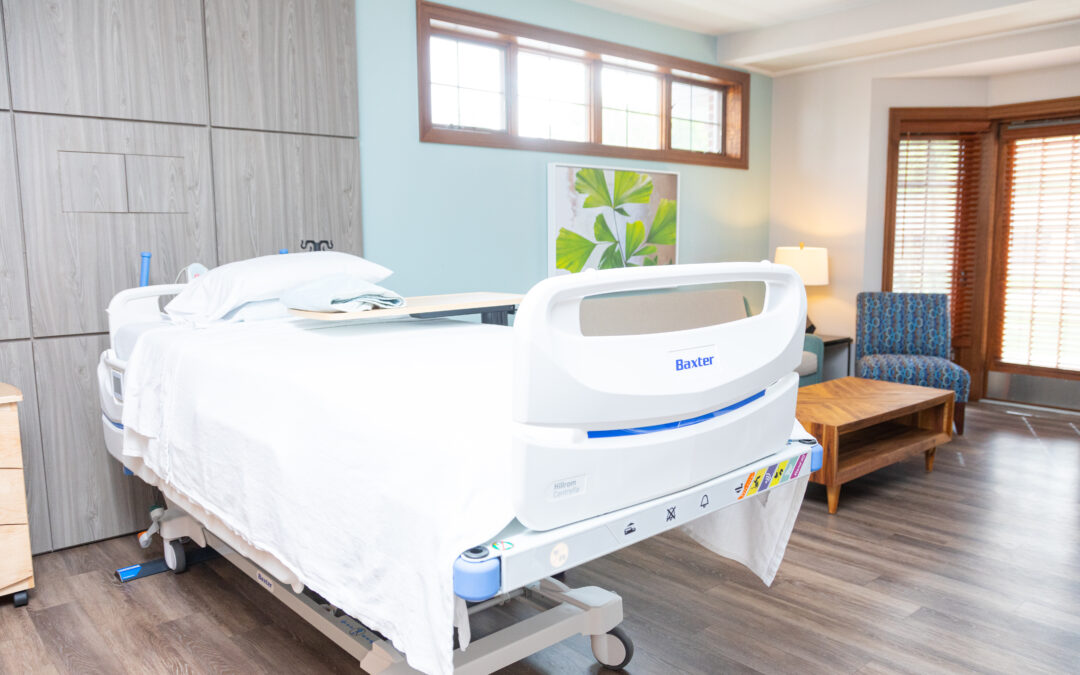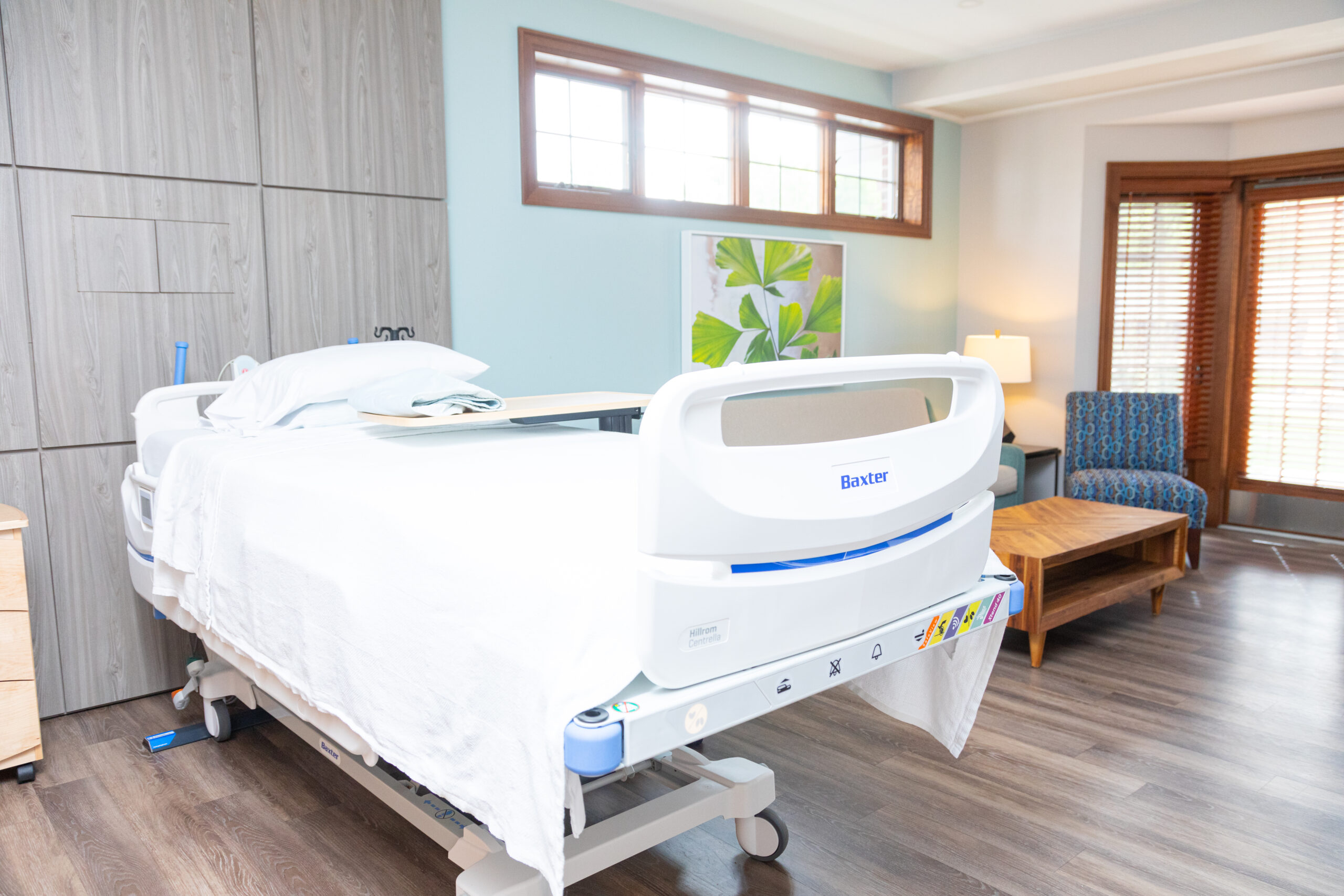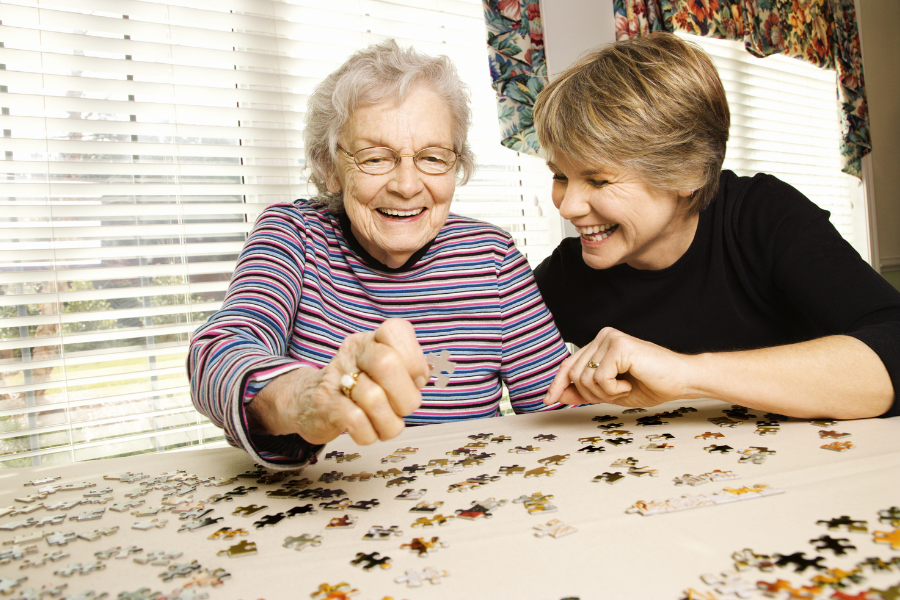
Bringing Light to Life’s Tender Moments: How Our Joyful Moments Program Makes a Lasting Impact
Bringing Light to Life’s Tender Moments: How Our Joyful Moments Program Makes a Lasting Impact

At Lightways Hospice and Serious Illness Care, we believe that hospice and palliative care is not only about comfort and support, it is also about honoring each person’s life, passions, and unique story.
Through our Joyful Moments Program, led by our Volunteer Services team, we create meaningful experiences that bring joy, connection, and dignity to our patients and their families. Whether it is fulfilling a long-held wish, creating a moment of celebration, or offering comfort through simple pleasures, these experiences remind us that even in the most challenging times, moments of joy still matter. Here are just a couple recent Joyful Moments that beautifully reflect the heart of our program.
A Trip Back to the Runway: An Airport Visit Rekindles a Lifetime of Memories
One adult patient spent much of his life working at an airport, surrounded by planes, travelers, and the energy of the runway. As his health declined, he longed to reconnect with that part of his life by watching planes take off once more. Our Joyful Moments team stepped in to make that wish come true.
Working with Clow Airport in Bolingbrook, we arranged a special visit for the patient and his family. The airport was chosen for its welcoming atmosphere, on-site restaurant, and aeronautical museum. A specific day and time were reserved exclusively for the family to enjoy lunch together while watching planes take off and land just outside the window.
To make the day even more special, the airport staff scheduled a private tour of the aeronautical museum. Surrounded by aircraft, aviation history, and the sounds of the runway, the patient spent the afternoon immersed in memories that brought him immense joy. For his family, it was a day of connection, seeing their loved one relive moments that were meaningful throughout his life.
Comfort and Connection Through Simple Pleasures
Not every Joyful Moment involves a big celebration. Sometimes, it is the small acts of care that bring the greatest comfort.
One of our adult patients living in a nursing facility finds comfort in music and puzzles, yet he has not always had the opportunity to enjoy them as often as he would like. To support him, our volunteer team assembled a personalized activity bag filled with simple comforts.
Inside was a pair of headphones so he could listen to his favorite music without disturbing others, along with puzzle books and games to keep his mind engaged. These thoughtful items offer him companionship, entertainment, and moments of calm, while also inviting opportunities to connect with staff or residents who may join in the activities.
This small act has made his days brighter, more meaningful, and filled with enjoyable moments that nurture his spirit.
Why Joy Matters
The Joyful Moments Program is a powerful reminder that hospice care is not about the end of life, it is about the quality of life. It is about honoring individuality, celebrating milestones, and creating memories that families can hold onto long after their loved one has passed.
Our volunteers make these experiences possible. Their compassion, creativity, and dedication ensure that every patient, adult, or child, can experience moments of joy, even in times of difficulty.
And for the families who witness these moments, the impact is immeasurable.
Joyful Moments Program Information
For more information about Joyful Moments or on how to become a volunteer, please contact our Volunteer Department at 815.740.4104 or email at [email protected].


